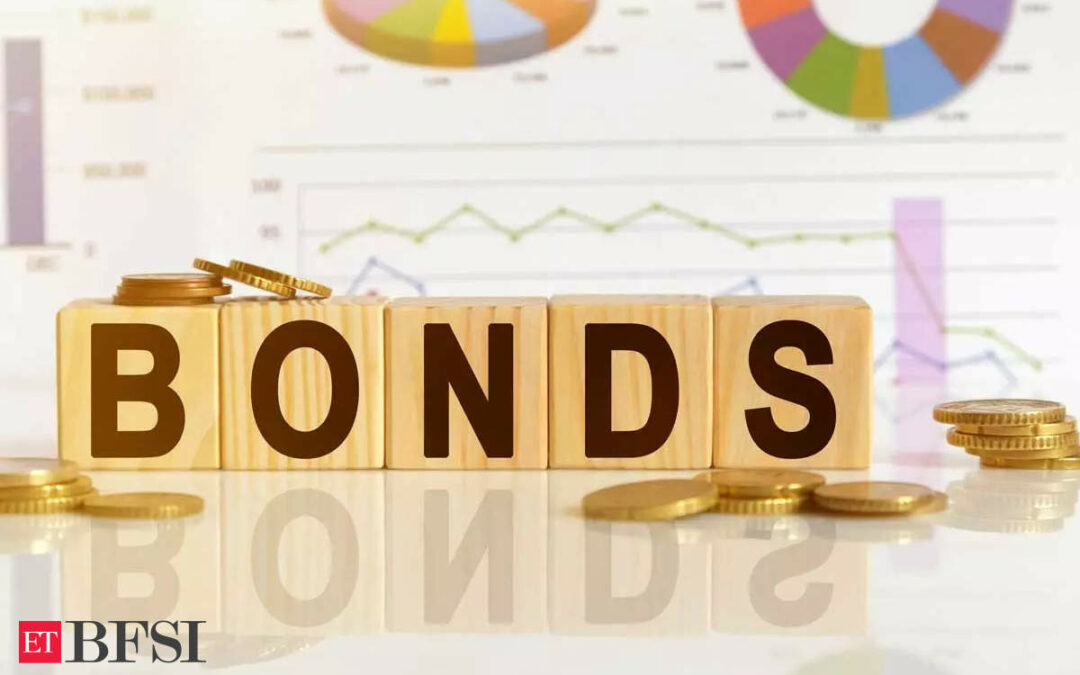Mumbai: As the finance ministry prepares for an interim budget early next year, government bond traders are contending with the growing possibility of the Centre overshooting its fiscal gap threshold due to the evolving tax revenue trends and likely higher spending in a poll-bound nation.
“The noise around weaker tax revenue has marred the government’s fiscal profile four months into FY24. What strikes us here is that the weakness in tax revenue has been led by a 10% contraction in corporate tax collections in 4MFY24 (April-July) vs 11% budgeted growth for the year,” wrote Madhavi Arora and Harshal Patel, economists at Emkay Global Financial Services.
While longer-maturity government bond yields are not seen facing significant upward pressure, given robust appetite for sovereign debt from institutional investors like insurance firms, short-end bond yields may stay elevated, treasury executives said.
The likely upward pressure on short-term bond yields would primarily stem from tightening liquidity conditions in the banking system and the possibility of the Centre opting for additional sales of Treasury Bills to plug a potential fiscal slippage. Government bond yields are the benchmarks used for pricing corporate borrowing, a bulk of which is concentrated in shorter-maturity bonds.
“The potentially higher fiscal deficit – around ₹400 billion slippage – can be plugged through small savings or higher T-bills. Overall, we expect the G-Sec curve to continue flattening, with short-term yields staying under pressure due to tighter system liquidity,” Arora and Patel wrote. They estimate the government’s fiscal deficit at 6.1% of GDP for FY24, higher than 5.9% projected in the Budget.
Data released on August 31, showed that the government’s gross tax collections rose only 2.8% year-on-year in April-July, while net tax collections declined 12.6% on-year.
What clouds the fiscal math further is the possibility of the government stepping up expenditure on welfare schemes ahead of Lok Sabha polls next year.
“On the spending side, we had the LPG price cut announcement. We have to assume that some part will be borne by the government. Given that there’s a run-up to elections next year, we don’t know what more will come on the spending side. The monsoon has turned weak so maybe there is a need to increase rural spending or welfare spending,” said A Prasanna, head of research at ICICI Securities Primary Dealership.










